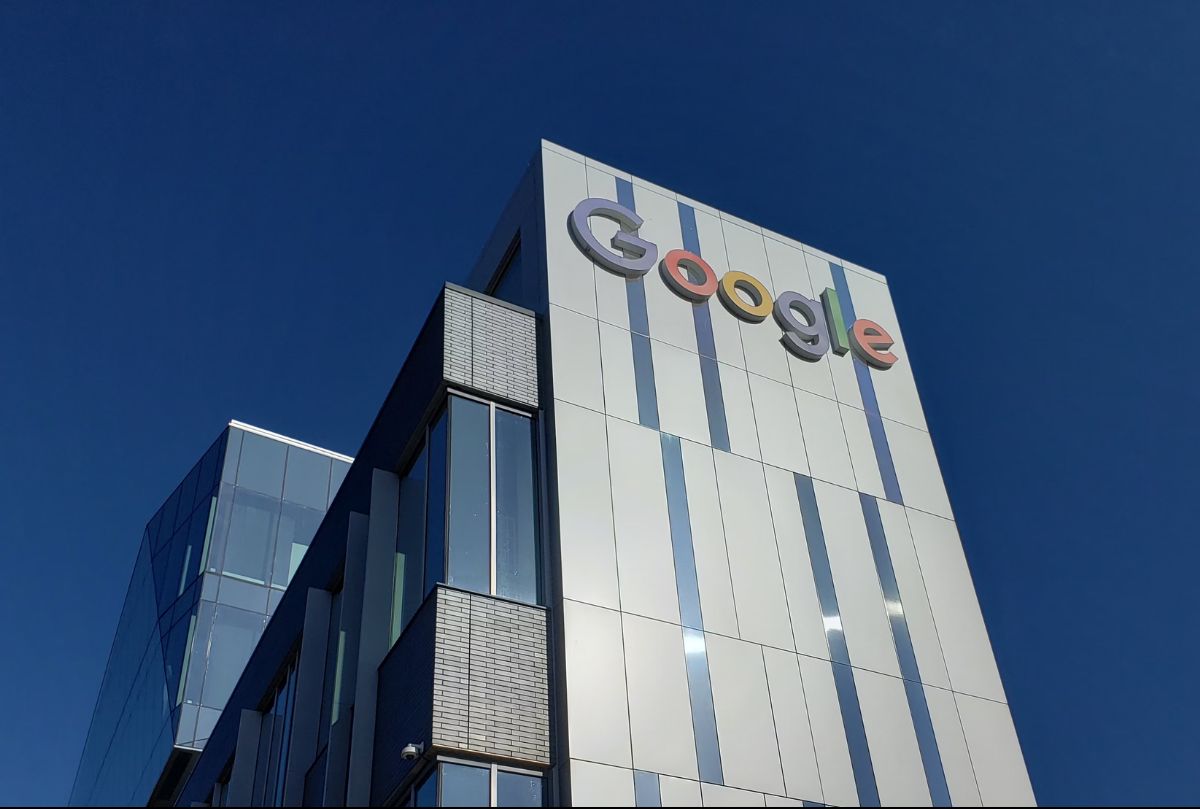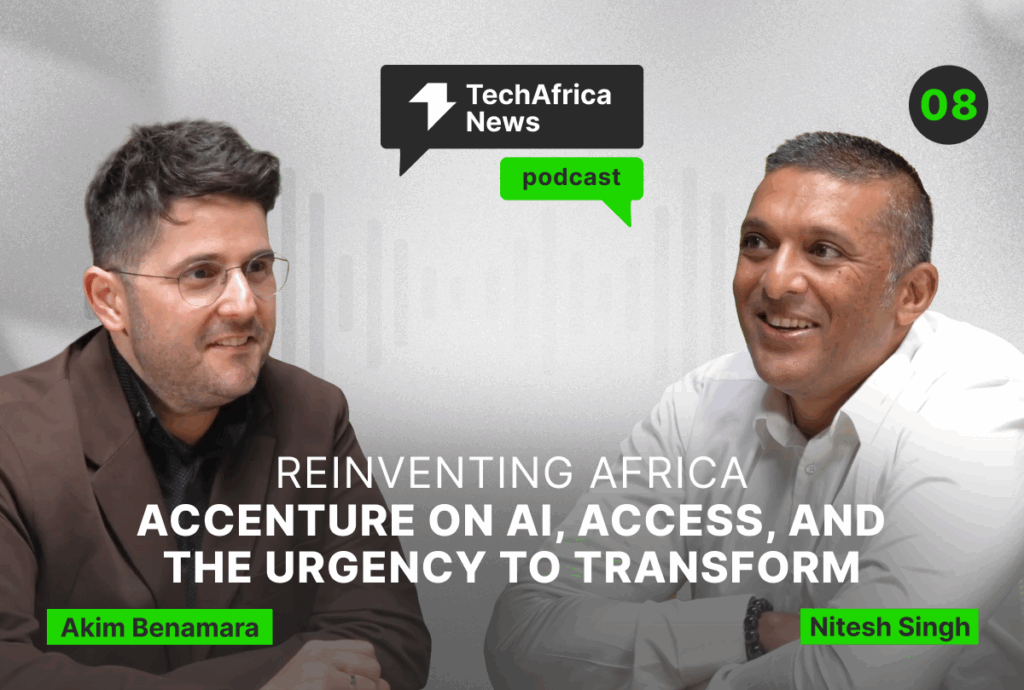Google Expands AI, Connectivity, and Subsea Cable Initiatives to Empower Africa’s Youth and Digital Economy
Google announced the launch of four new subsea cable connectivity hubs across Africa, aimed at strengthening regional and international digital corridors and spurring economic growth.

Google has emphasized that Africa, home to the world’s largest youth population expected to double to more than 830 million by 2050, faces both a major opportunity and an urgent call to action with the rise of artificial intelligence (AI).
A senior Google leader reflected on his own journey, recalling how, as a young engineering student in Zimbabwe, a research project on neural networks opened his eyes to AI’s potential and the need for it to serve everyone. At Google, it was stressed that access to AI requires not just connectivity and products, but also training. The company noted that AI is central to its mission of making information universally accessible and useful, and could play a transformative role in democratizing knowledge and learning while preventing a new digital divide.
Google highlighted its decades-long role in boosting Africa’s connectivity, starting with its 2006 investment in the Seacom cable. It recalled its 2021 pledge of $1 billion over five years to expand internet access — a target it said has already been surpassed. More than $1 billion has now been invested in resilient and secure infrastructure across the continent. As part of this continued commitment, Google announced the launch of four new subsea cable connectivity hubs across Africa, aimed at strengthening regional and international digital corridors and spurring economic growth.
The company explained that this latest move builds on its Africa Connect program, which already includes the Google Cloud region in Johannesburg, the Equiano cable along the continent’s western seaboard, and Umoja, the first fiber optic route linking Africa directly with Australia. These investments, according to Google, have already helped 100 million Africans get online, with the Equiano cable expected to contribute billions in GDP growth across Nigeria, South Africa, and Namibia this year.
Turning to education, Google said it is working to put advanced AI tools into the hands of African students. It announced free one-year subscriptions to Gemini AI Pro for university students in Egypt, Ghana, Kenya, Morocco, Nigeria, Rwanda, South Africa, and Zimbabwe. The tools, it explained, would support custom research, homework help, coding, content creation, and guided learning — all designed to empower students to innovate and address local challenges.
Google further revealed that it has trained 7 million Africans in digital and AI skills to date and plans to train another 3 million by 2030. It has also directed more than $17 million in funding, training, and resources to African universities and research institutions over the past four years, with $9 million more pledged. The company underscored efforts to expand access to knowledge in African languages, pointing to the addition of 110 languages to Google Translate — including more than 30 African ones — and ongoing work to build datasets and speech models for over 50 languages.
According to Google, its AI research teams in Kenya and Ghana are already delivering cutting-edge projects with local partners, including flood forecasting, building data mapping, and tools to support agriculture. By 2030, the company aims to reach 500 million Africans with AI-powered innovations to address pressing societal challenges.
Google concluded that AI presents an unprecedented opportunity for Africa’s people, businesses, and communities. It reaffirmed its long-term commitment to expanding connectivity, access, and skills, and to enabling African-led innovation in the digital era.






